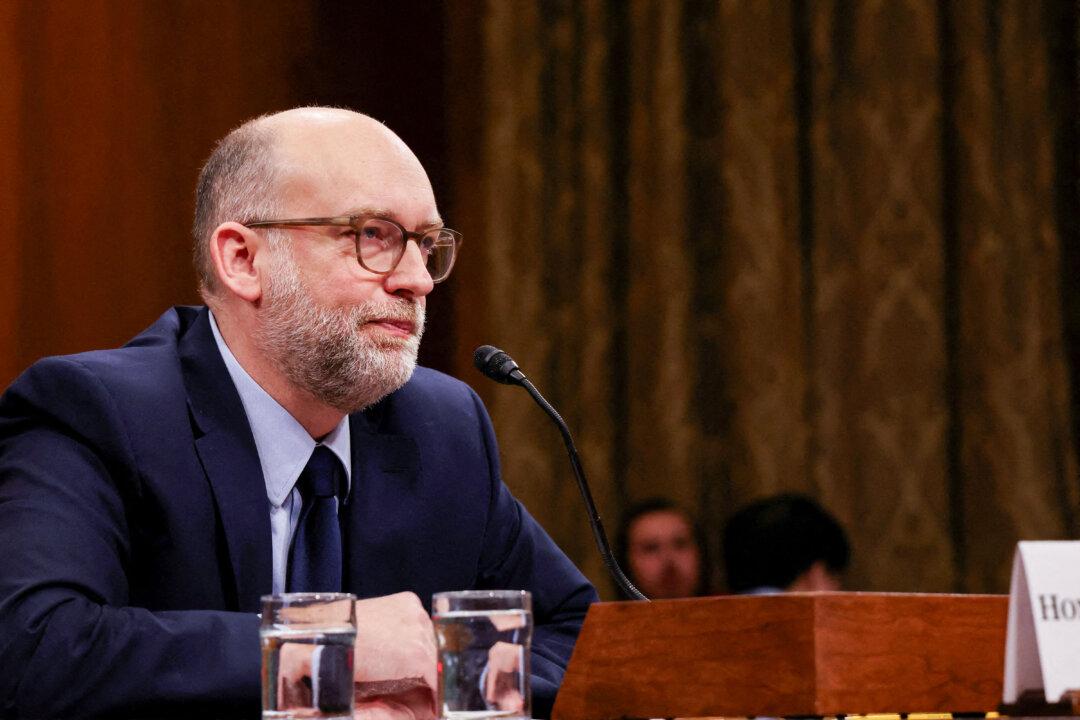WASHINGTON—Reactions were few and far between after The Epoch Times exclusively reported on Feb. 14 that Office of Management and Budget (OMB) Director Russell T. Vought was transferring to his top politically appointed deputies authority to allocate federal funds appropriated by Congress.
Only four sentences in a Feb. 11 memorandum signed by Vought were required, in the words of a senior administration official who asked not to be identified, to restore “accountability to OMB to ensure that [President Donald Trump’s] agenda is accomplished, and more money doesn’t sneak out the door.”





